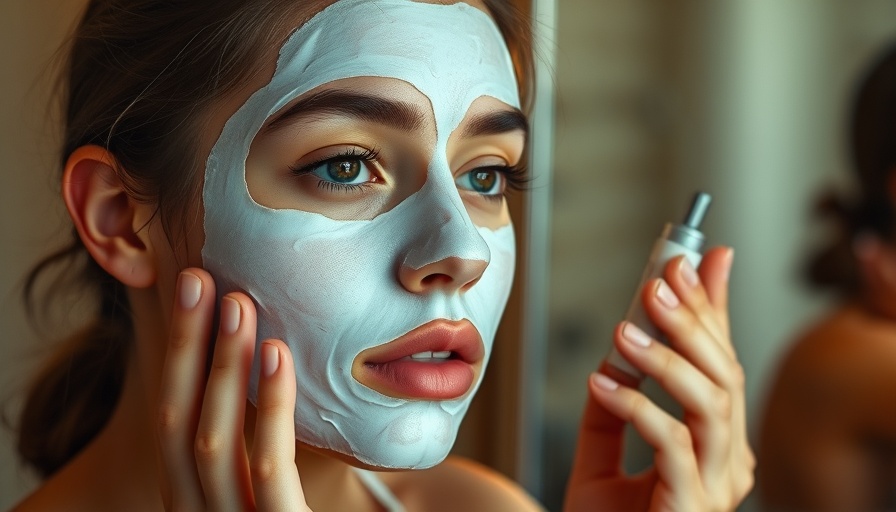
Skincare Marketing Targeting Tweens: The Hidden Risks
The skincare industry has increasingly turned its focus towards younger audiences, particularly tweens, with marketing strategies that make billions in sales. Brands aim to cash in on the growing fascination with skincare among Gen Alpha. However, many of these products, filled with potent ingredients not suitable for young skin, pose significant risks to their health.
The Allure of Social Media and Skincare Trends
Recently, a viral TikTok video featured young actor Symonne Harrison showcasing a staggering amount of Drunk Elephant products, emphasizing their popularity among tweens. As she introduced her followers to the brand's 'skincare smoothies,' a troubling reality surfaced: many of these products, like eye creams with vitamin C, are advised against for anyone under the age of 12.
This trend begs the question: why are brands allowed to promote potentially harmful products to such young consumers? With household spending on skincare targeted towards children reaching over $2.4 billion in 2023, brands and influencers continuously find ways to market these products to one of the most impressionable demographics.
Understanding the Risks: What’s in Those Products?
According to Dr. Smita Awasthi from U.C. Davis Health, some of the popular skincare products marketed to tweens contain anti-aging ingredients designed for adult skin. Ingredients like retinol can lead to irritation and an increased risk of skin damage in children. While pediatric dermatologists may prescribe retinoids for acne in rare circumstances, the over-the-counter products many kids are drawn to do not always have the safety measures in place to protect them.
The Thin Line Between Beneficial and Harmful
The confusion lies, in part, with how these products are marketed. While packaging for acne treatments clearly states they are for treating specific conditions, many products aimed at tweens do not. They cloud their harmful potential in appealing promises of clear skin and enhanced beauty, targeting insecurities they might not yet fully understand.
The Role of Influencers in Shaping Young Minds
Content creators like Kierstyn McBrayer, often appealing to younger audiences, contribute to this environment. Her experience reflected that many young viewers used products that were inappropriate for their skin until they learned better. This commentary highlights the urgent need for education about what skincare products are actually safe.
What Can Be Done? A Call for Regulation and Awareness
With the ongoing prevalence of this issue, it's essential to foster an environment where informed decisions can be made. Parents should educate themselves about the risks associated with these products, while the skincare industry must be held accountable for misleading marketing practices that appeal to children.
Encouraging conversations around skincare that focus on age-appropriate practices can help create a healthier culture around beauty and self-care. Increased regulations on product marketing aimed at younger audiences would also contribute to reducing exposure to harmful ingredients.
Conclusion: The Importance of Making Informed Choices
As skincare continues to sell at exponential rates, especially among tweens, it's crucial to navigate the landscape with a critical eye. Parents need to engage in conversations regarding skincare with their children to ensure that they embrace safe habits early on. By fostering an informed approach to skincare, we can mitigate the risks associated with potentially harmful products.
 Add Element
Add Element  Add Row
Add Row 



 Add Row
Add Row  Add
Add 


Write A Comment